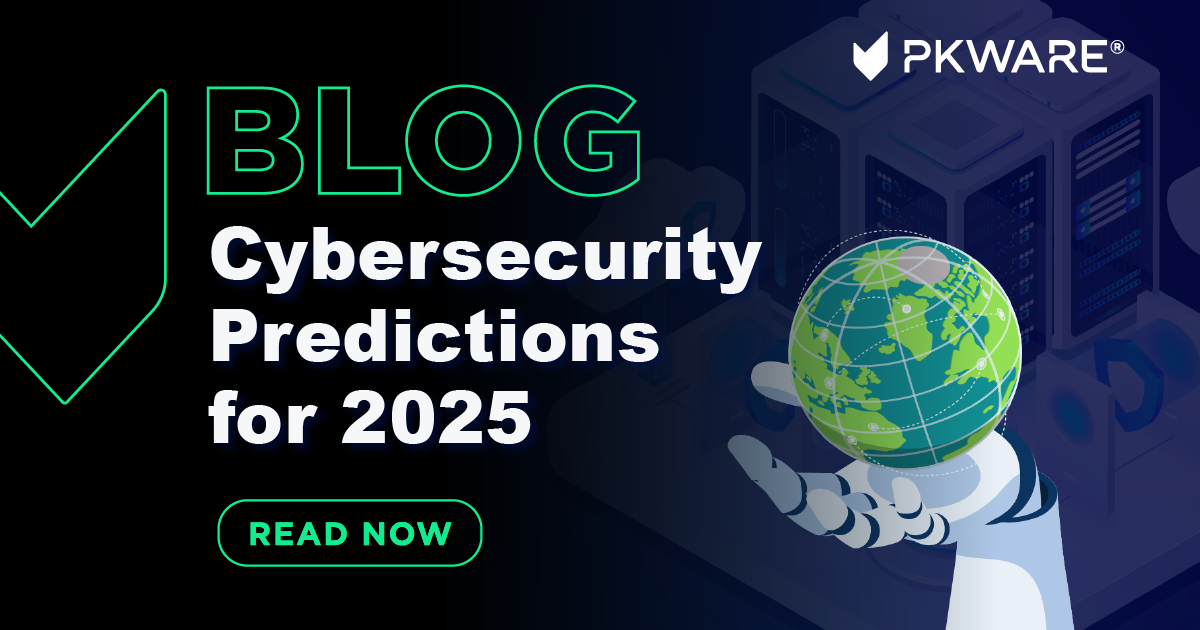Protect yourself from Deepfake Social Engineering Attacks in online interactions.
Protect yourself from Deepfake Social Engineering Attacks in online interactions.
Blog Article
The Next Frontier: Insightful Cybersecurity Forecasts for the Coming Year
As we come close to the brand-new year, the cybersecurity landscape is on the edge of remarkable makeover. Key variables such as the assimilation of advanced AI innovations, the unavoidable rise of innovative ransomware, and the tightening up of information privacy laws are forming the future of electronic protection. The continuous prevalence of remote job proceeds to reveal brand-new vulnerabilities that companies should navigate. Recognizing these characteristics is vital for anticipating the difficulties in advance and strategically strengthening defenses, yet the effects of these modifications continue to be to be fully explored.
Rise of AI in Cybersecurity
In the swiftly developing landscape of cybersecurity, the combination of expert system (AI) is becoming a pivotal force in enhancing risk discovery and action capabilities. AI modern technologies, such as artificial intelligence algorithms and deep discovering designs, are being increasingly deployed to examine huge amounts of information and identify patterns a measure of safety risks. cybersecurity and privacy advisory. This enables organizations to proactively resolve vulnerabilities prior to they can be made use of
The increase of AI in cybersecurity is especially substantial in its capability to automate routine tasks, permitting human experts to concentrate on even more intricate safety concerns. By leveraging AI, cybersecurity groups can lower feedback times and enhance the precision of danger evaluations. AI systems can adjust and find out from brand-new threats, continually refining their detection systems to stay in advance of malicious stars.
As cyber risks end up being extra innovative, the need for innovative solutions will drive additional investment in AI modern technologies. This pattern will likely result in the advancement of boosted safety devices that integrate predictive analytics and real-time surveillance, ultimately fortifying business defenses. The change in the direction of AI-powered cybersecurity solutions stands for not simply a technological change yet a basic change in exactly how organizations approach their safety methods.
Boost in Ransomware Attacks
Ransomware assaults have come to be a common danger in the cybersecurity landscape, targeting companies of all dimensions and across different industries. As we progress right into the coming year, it is expected that these strikes will certainly not just increase in frequency however additionally in sophistication. Cybercriminals are leveraging innovative tactics, including the use of artificial knowledge and device learning, to bypass traditional protection measures and make use of vulnerabilities within systems.
The escalation of ransomware attacks can be credited to numerous factors, including the rise of remote job and the expanding reliance on digital solutions. Organizations are usually not really prepared for the evolving risk landscape, leaving critical framework vulnerable to breaches. The economic effects of ransomware are astonishing, with business dealing with hefty ransom demands and potential lasting operational interruptions.
Moreover, the fad of dual extortion-- where assaulters not only secure data but additionally intimidate to leak delicate details-- has actually obtained traction, even more pushing sufferers to follow demands. As an outcome, services need to focus on robust cybersecurity actions, consisting of normal back-ups, staff member training, and event feedback preparation, to reduce the risks connected with ransomware. Failing to do so could cause devastating consequences in the year ahead.
Development of Data Privacy Rules
The landscape of find this information personal privacy laws is undergoing significant change as federal governments and organizations respond to the click raising worries surrounding personal information security. In recent times, the implementation of extensive frameworks, such as the General Data Defense Policy (GDPR) in Europe and the California Consumer Personal Privacy Act (CCPA) in the United States, has set a precedent for more stringent privacy regulations. These regulations stress consumers' civil liberties to control their data, mandating openness and responsibility from companies that collect and refine personal information.

Additionally, companies will require to improve their compliance techniques, buying sophisticated modern technologies and training to protect delicate information. The evolution of data personal privacy laws will certainly not just influence exactly how businesses run however also form customer assumptions, promoting a society of depend on and safety and security in the digital landscape.
Development of Remote Job Susceptabilities
As companies proceed to embrace remote work, vulnerabilities in cybersecurity have significantly come to the forefront. The shift to adaptable job arrangements has subjected critical gaps in safety and security protocols, particularly as workers accessibility sensitive data from different areas and devices. This decentralized workplace develops an expanded strike surface for cybercriminals, that exploit unsafe Wi-Fi networks and individual devices to infiltrate business systems.

To mitigate these vulnerabilities, organizations should focus on extensive cybersecurity training and apply robust safety frameworks that encompass remote job situations. This includes multi-factor authentication, normal system updates, and the establishment of clear methods for information gain access page to and sharing. By attending to these vulnerabilities head-on, companies can foster a more secure remote work atmosphere while maintaining functional strength in the face of developing cyber hazards.
Developments in Risk Detection Technologies


Positive threat detection has become a keystone of modern-day cybersecurity strategies, showing the immediate demand to combat progressively sophisticated cyber dangers. As organizations deal with an evolving landscape of vulnerabilities, innovations in risk discovery innovations are vital in mitigating risks and improving safety positions.
One notable trend is the assimilation of expert system and maker learning right into risk discovery systems. These technologies enable the evaluation of huge quantities of information in real time, enabling the identification of abnormalities and potentially destructive activities that may escape traditional safety steps. In addition, behavior analytics are being applied to develop standards for regular user activity, making it less complicated to find discrepancies a sign of a breach.
In addition, the increase of automated threat knowledge sharing platforms facilitates collaborative defense efforts across markets. This real-time exchange of details improves situational recognition and increases action times to emerging hazards.
As companies proceed to spend in these innovative technologies, the effectiveness of cyber defense reaction will dramatically boost, empowering protection teams to remain one action ahead of cybercriminals. Ultimately, these developments will play an essential duty fit the future landscape of cybersecurity.
Conclusion
In summary, the upcoming year is expected to witness transformative growths in cybersecurity, driven by the assimilation of AI innovations and a noteworthy increase in ransomware assaults. In general, these developing characteristics highlight the vital relevance of adapting to an ever-changing cybersecurity landscape.
Report this page